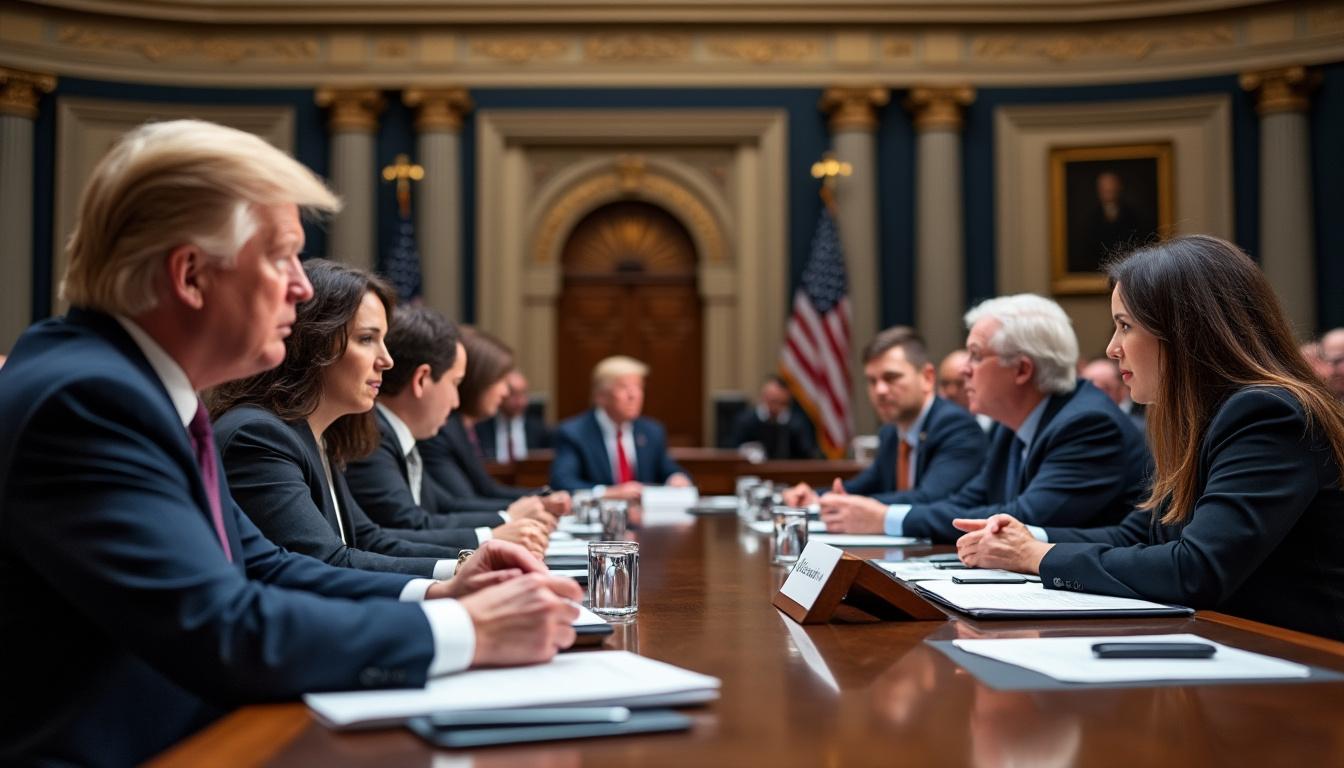The Senate Health, Education, Labor and Pensions Committee convenes this Wednesday at 10 a.m. EDT to examine critical issues surrounding cybersecurity in the health care sector and the privacy protection of Americans’ sensitive data. The committee’s agenda includes evaluating technological implementations designed to strengthen privacy safeguards amidst increasing cyber threats. This hearing gains heightened significance following the recent committee approval of Susan Monarez as director of the Centers for Disease Control and Prevention (CDC), highlighting the strategic intersection of public health and information security in 2025.
Senate Live Hearing on Cybersecurity Priorities in Health Care
This session brings together lawmakers and sector experts to explore effective cybersecurity strategies tailored for the health care ecosystem. The panel will scrutinize how advanced technologies from leading firms like Cisco, IBM Security, and FireEye can be leveraged to protect patient data from cyber exploits.
- Discussion of data breaches and prevention measures
- Role of AI-enhanced threat detection systems
- Implementation challenges in health care privacy regulations
- Coordination among cybersecurity providers like Palo Alto Networks and Fortinet
| Key Cybersecurity Firms | Core Competence | Health Sector Focus |
|---|---|---|
| Cisco | Network Security Solutions | Healthcare Data Protection |
| McAfee | Endpoint Security | Device Protection in Medical Facilities |
| Norton | Consumer Cybersecurity | Patient-Facing Security Applications |
| Palo Alto Networks | Firewall and Cloud Security | Securing Health Cloud Infrastructure |
| IBM Security | AI-Powered Threat Analytics | Proactive Health Data Risk Management |
Technological Innovations & Regulatory Frameworks
Experts advocate deploying artificial intelligence and machine learning, as developed by players such as CrowdStrike and Symantec, to enhance detection and response to cyber threats against health infrastructures. This technological push intersects with evolving legislative demands aimed at fortifying national data privacy norms.
- Integration of AI monitoring platforms
- Adaptation to Healthcare Insurance Portability and Accountability Act (HIPAA) amendments
- Collaboration between public and private cybersecurity stakeholders
- Continuous education and training initiatives for health care professionals
| Security Technology | Benefits | Applicable Regulations |
|---|---|---|
| AI Threat Detection (CrowdStrike, Symantec) | Real-time anomaly identification and mitigation | HIPAA, NIST Cybersecurity Framework |
| Next-Gen Firewalls (Palo Alto Networks, Check Point) | Enhanced perimeter defense and cloud security | Federal Data Protection Acts |
| Endpoint Protection (McAfee, Norton) | Device-level breach prevention | Medical Device Cybersecurity Guidance |
Policy Implications for Health Data Privacy and Cybersecurity
Developing coherent policies that marry technological innovation with patient privacy is at the heart of the hearing. The continuous escalation of sophisticated cyberattacks calls for robust deployment of solutions from trusted companies such as Fortinet, Check Point, and IBM Security to safeguard health data systems.
- Evaluation of federal strategies to counter cyber threats
- Resource allocations for cybersecurity in health care
- Increasing public awareness of privacy rights
- Strengthening partnerships between government and cybersecurity firms
| Stakeholder | Role in Cybersecurity | Expected Impact on Health Care |
|---|---|---|
| Legislators | Crafting robust data protection policies | Improved regulatory compliance in health systems |
| Cybersecurity Firms (IBM, Fortinet) | Tech development and implementation | Advanced threat prevention and mitigation |
| Health Organizations | Operationalizing cybersecurity standards | Enhanced patient data confidentiality |


